In Depth: Film Photography and the Rise of AI
4 10 Share TweetThese past few months, it seems like artificial intelligence has crawled its way into many (if not all) forms of media we consume.
In some instances it's been used as entertainment, especially for content such as memes, but for the most part people have been wary–even rightfully scared–of its capabilities. And of course, apprehensive of its ethicality, this being a special point of interest for certain groups of people such as media practitioners and artists.
In this in-depth article, we’re opening up the discussion on AI and film photography and exploring different points of view when it comes to both.
Throughout history, anything groundbreaking and that has the potential to massively transform the norm has been met with suspicion. Currently, technological advancements have rapidly shifted our lifestyles, which include the way we consume media, and from one-way communication which characterized traditional media, consumers like us can now directly participate in the creation and dissemination of information.
Although existing laws haven't caught up with the emergence of AI, because of its impact, there will inevitably be checks and balances in the usage of AI as it evolves, such as the formation of AI tools to regulate AI itself or initiatives to halt the development of these systems, some of which have already been put in place.
Since it's such a large topic, in this article we're focusing on the potential of analogue processes such as film photography to not just survive but thrive in the face of AI.
Let’s start the discussion with what makes film photography unique, and in fact, arguably much needed along with other analogue processes. In an article published in the 35mmcblog, artist Joseph Tan concisely described film photography as the antithesis of AI, and we can only agree.
Film photography connects us with what’s tangible and what’s human, and we humans are programmed to crave human experiences.
The New Role of Analogue
In 2022, we got to interview Finnish film photographer Ari Jaaksi who, among other nuggets of wisdom, mentioned a new purpose for film photography in the digital age:
Digital liberated film photography from boring everyday tasks – and film can now go to places it didn't have the time and freedom to go before! And for us artists, film provides unparalleled freedom, creativity and a set of tools to express our inner soul!
While the supply side of film photography fluctuates and is perhaps for another discussion, this optimistic view of film photography supports the craft's importance.
Film Photography as the Antithesis of AI
Analogue photography doesn't just let us exercise our creativity but also has the potential to connect us to a wider community with the same interests. Comparatively, being chronically online and immersed in the digital space can hinder this need for actual experiences, which could exacerbate feelings of despair as we're generally not wired to go through long periods of solitude.
Even immersion into virtual worlds presents a challenge, as the abundance of options may potentially lead to information overload, and to what's called the Paradox of Choice, all of which can lead to a feeling of loss of identity and a detachment to our own emotions and individuality.
To sum it up, a technology-driven society marked by uncertainties over whether we're replaceable by AI or not could only renew or increase interest in analogue processes such as film photography. The craft, aside from involving us in the process of creating something uniquely ours in the moment, also enables us to interact with a group of people with the same interests and sentiments.
Other peoples' experiences validate our own. When we listen to a song or read a poem that stirs an emotion in us, we think and feel beyond the words and see the artist behind the creation, too. Another human being who has gone through the same grief, anger, resentment, loneliness, euphoria or nostalgia as us, and who therefore gives us liberty to feel the wide range of our own emotions.
It's the same case for images. Often we see one that we find striking, we find ourselves thinking, someone else has experienced this, and we're hit by an unexplainable feeling of connectedness.
It's not that the work of an AI doesn't have the capacity to move or amaze us, it's that we tend to find more value and satisfaction in something created by those with the same fundamental wiring as us, a.k.a. fellow human beings.
While AI can generate codes, write articles and come up with “photos” for us, our strong need to connect to what’s deeply human remains.
AI will find it hard to record our experiences in a way that we could fully resonate with, such as actual photographs that serve as evidence that we lived. There's something more magical about the actuality of our own and other people's creations, versus one that is generated by a system such as AI.
Even if AI can come up with a "photo", a poem or a song detailing similar experiences, chances are there will be a lesser feeling of shared humanity behind it, especially once we've come to know that an image or a poem was generated by AI, and not by an actual human being who goes through the same spectrum of emotions as us.
AI Perfection vs The Human Experience
Film photography is a very physical process that involves interacting with one’s surroundings, from choosing a specific camera and film stock, to using one’s intuition as a guide for when to press the shutter button. In the process we learn to improve in each aspect, allow ourselves to be spontaneous, rigid or experimental, or forgive ourselves for those elements we don't have complete control of.
The human experience being unpredictable, soon enough we will stop seeing ourselves in the perfection of AI and look for something we can resonate with better.
In many cases, perfection often still breeds dissatisfaction. When something has become too "flawless" in our perception, or tries hard to mimic what we can do, it often results in a feeling of alienation or uncanny valley. We can say that this is one of the reasons why Lomographic images still hold so much value even though we're now able to create high-resolution images with newer cameras.
In the end, systems and processes benefit us practically, and our human urge for curiosity will always push us to come up with ways to transform the way we live. But at its core the human experience is messy, chaotic, and full of surprises we will sometimes categorize as "mistakes", much like a photo taken without knowing beforehand what it will look like once developed and printed.
We'd like to be given leniency to simply explore and be our authentic selves, express and document our lives as we go through the messy motions of transformation, and we want people to share these experiences with.
As much as we will find it hard to contain AI's integration into our lives, AI will also find it hard to replace our individual capacity to uniquely document our lives through creativity, such as we do with artistic endeavors such as film photography.
What are your thoughts on AI and film photography? Share it with us below!
written by sylvann on 2023-06-25 #culture #in-depth #ai #in-depth #artificial-intelligence
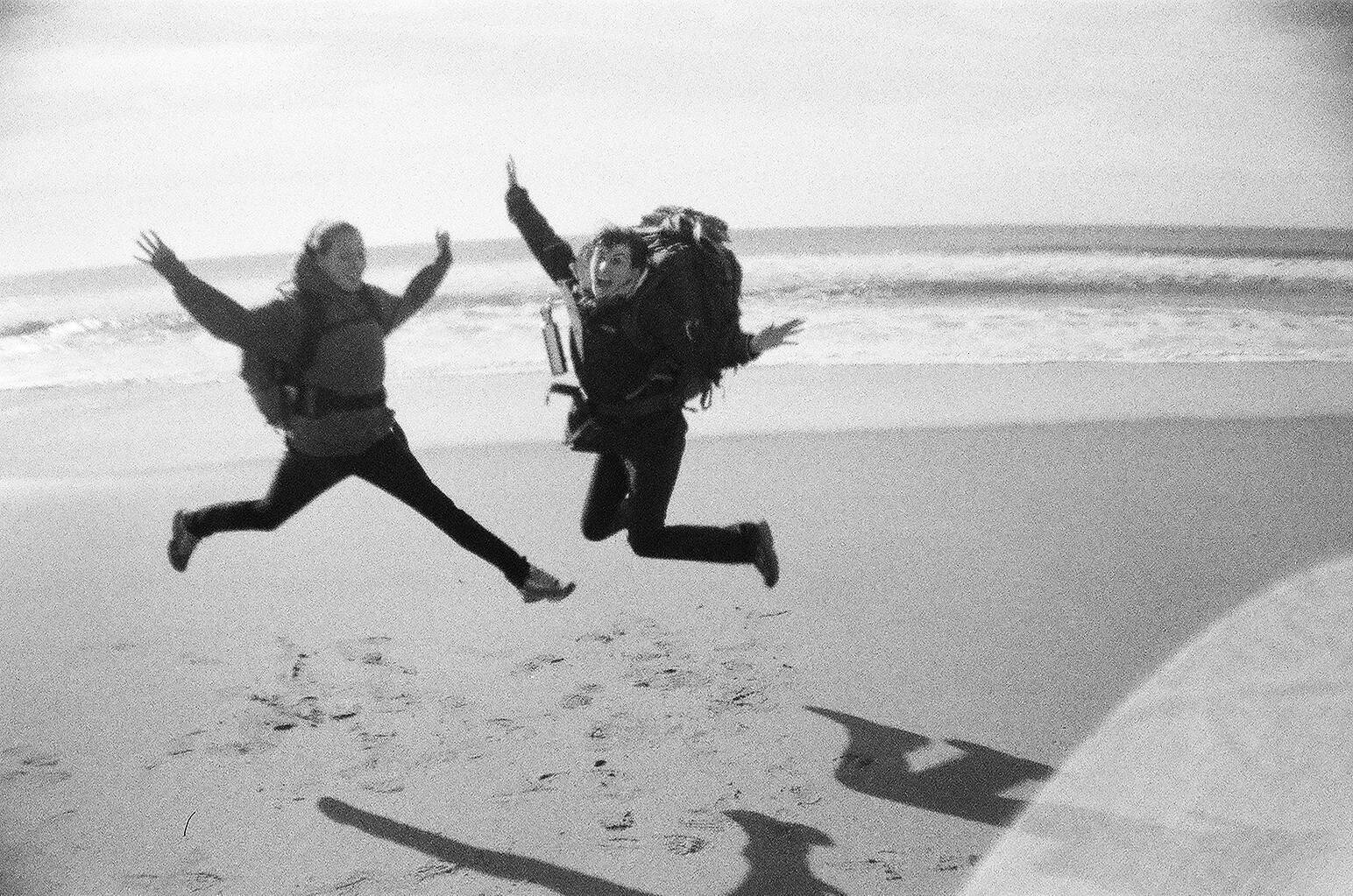



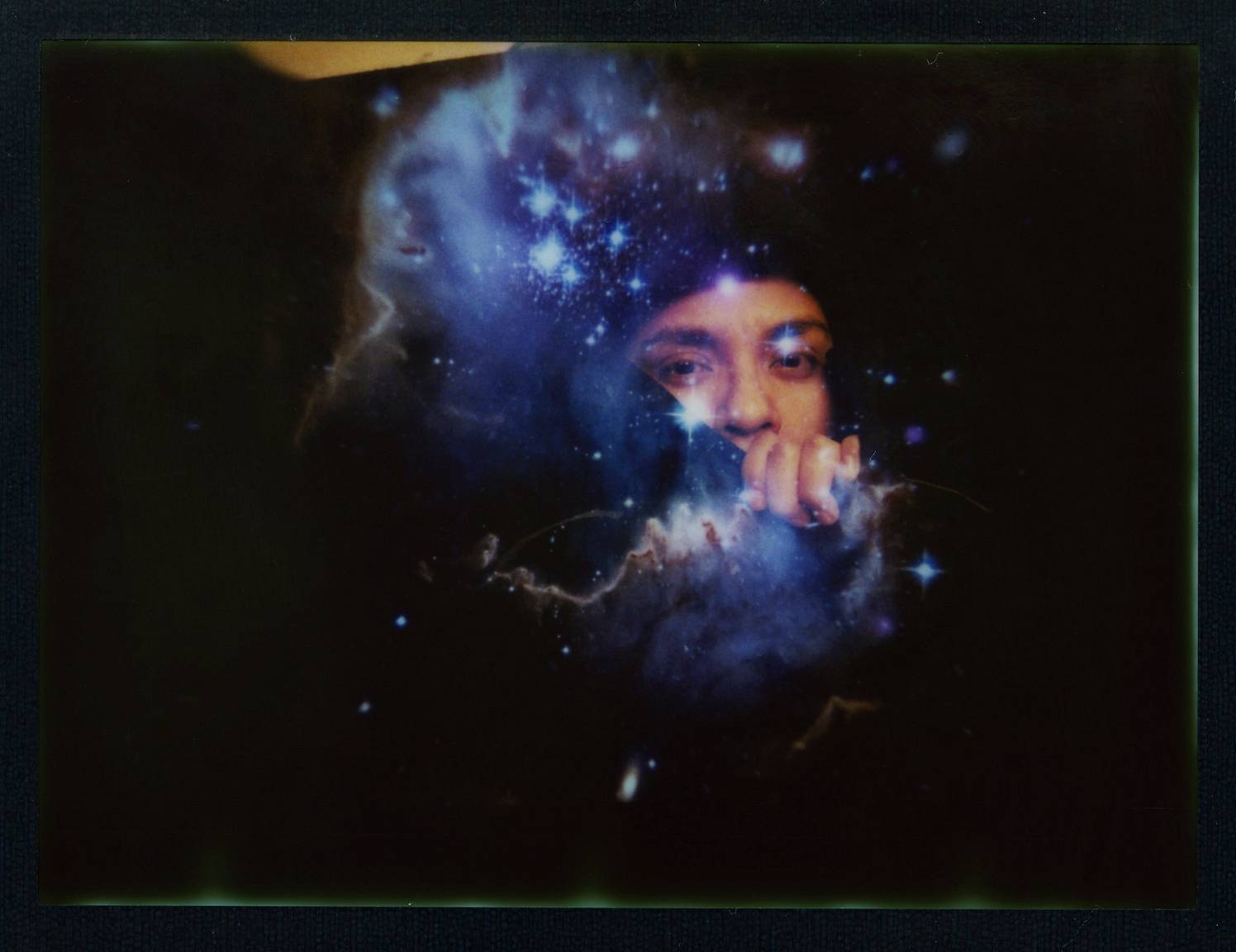





















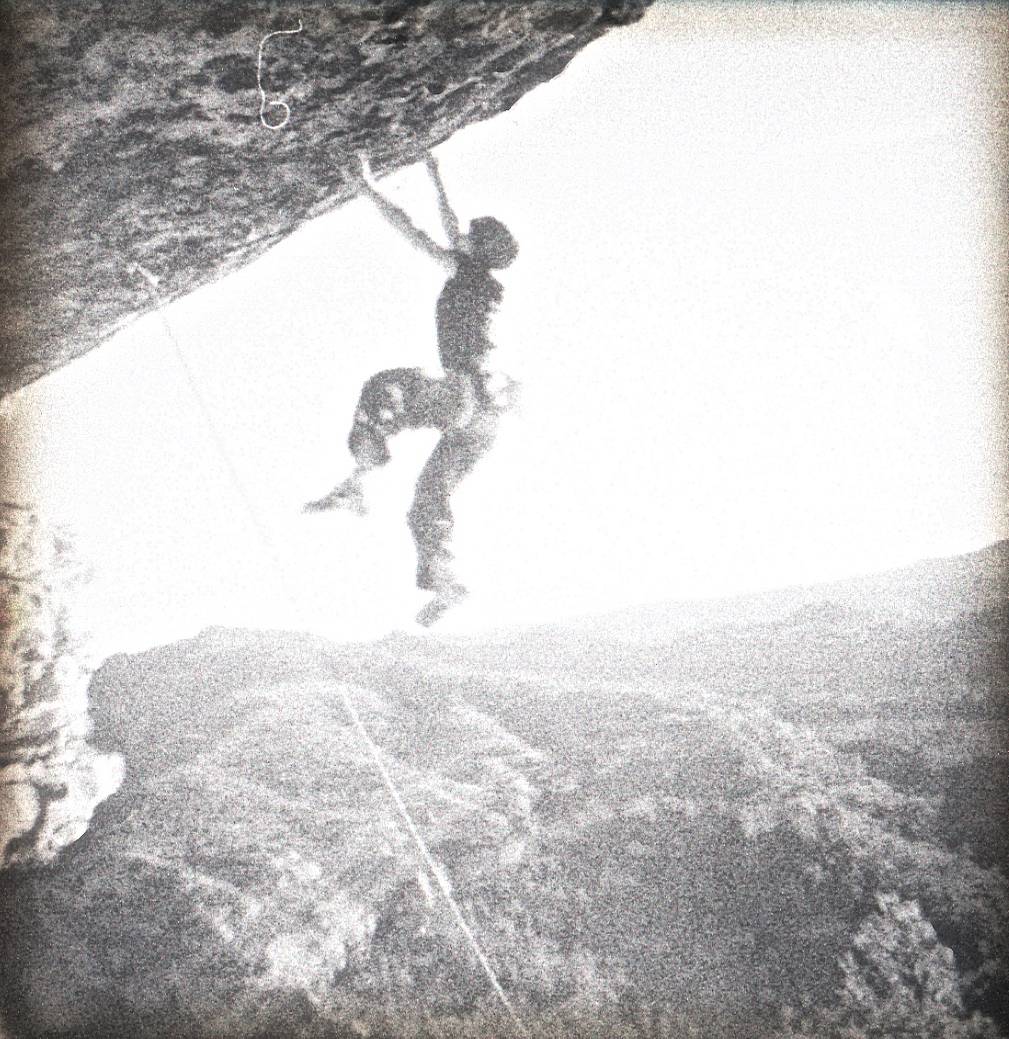










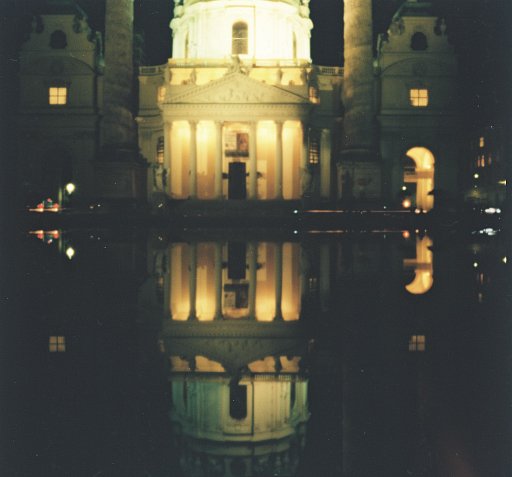


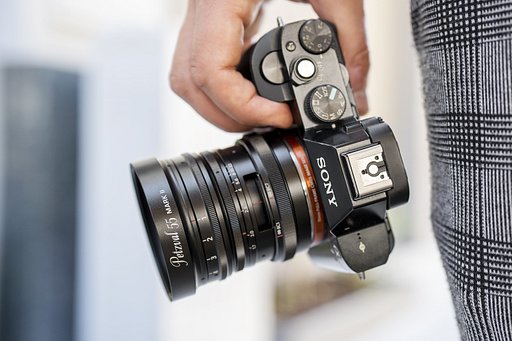







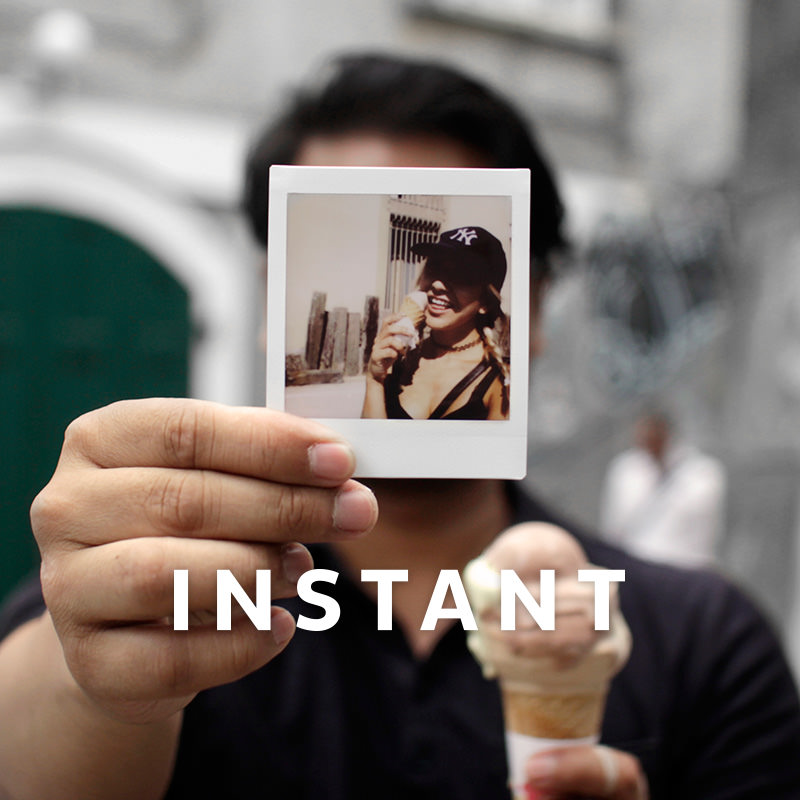
4 Comments